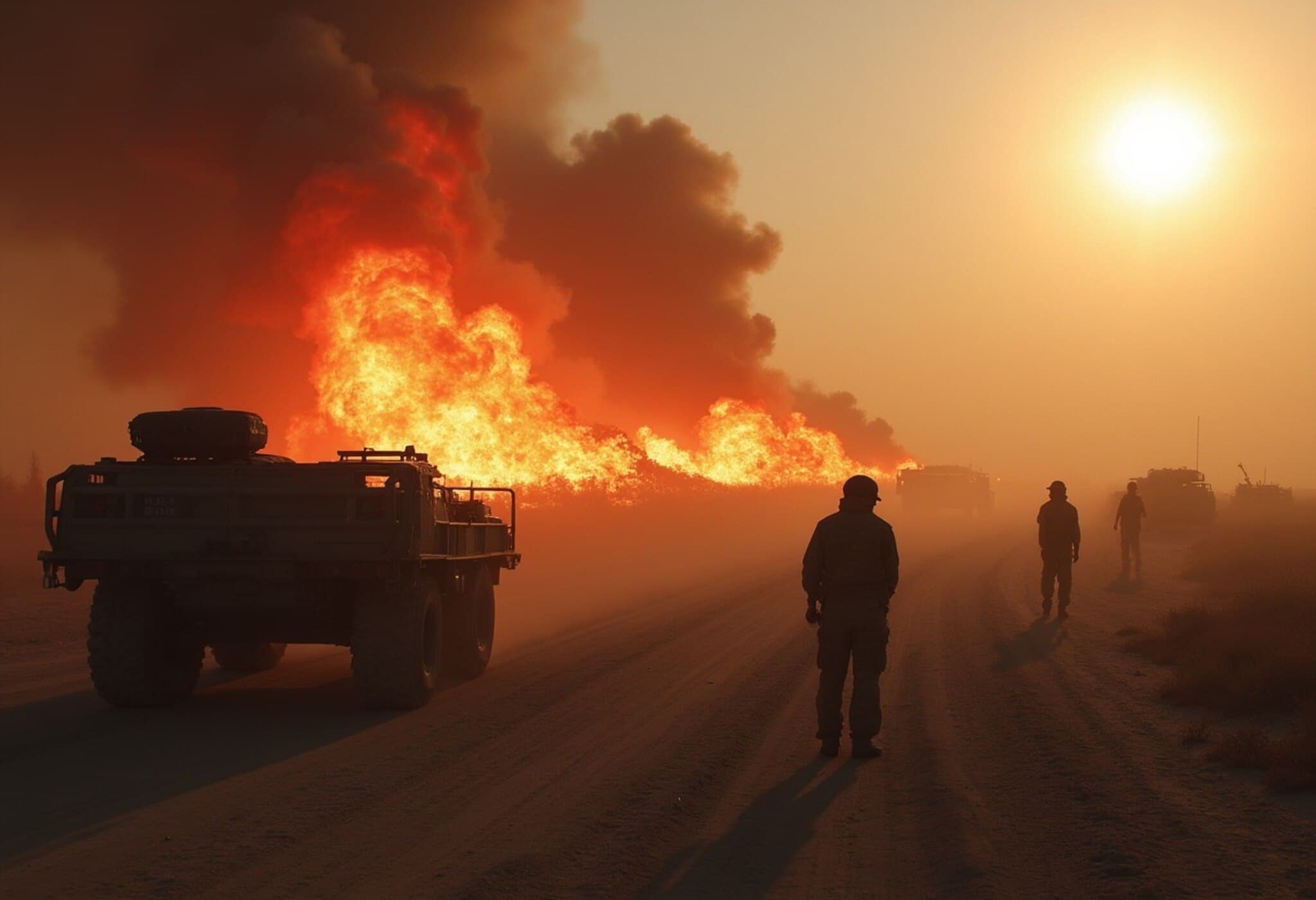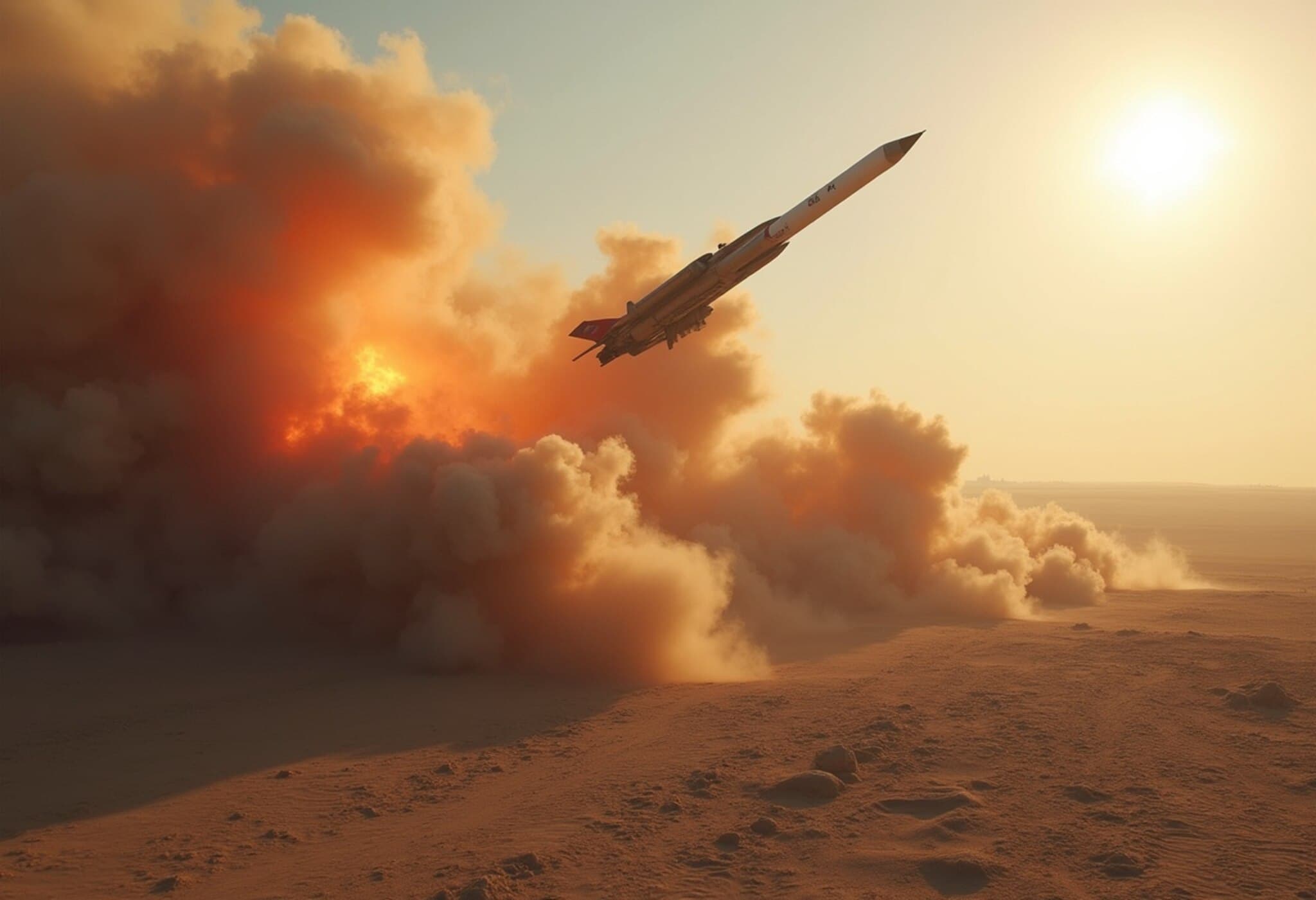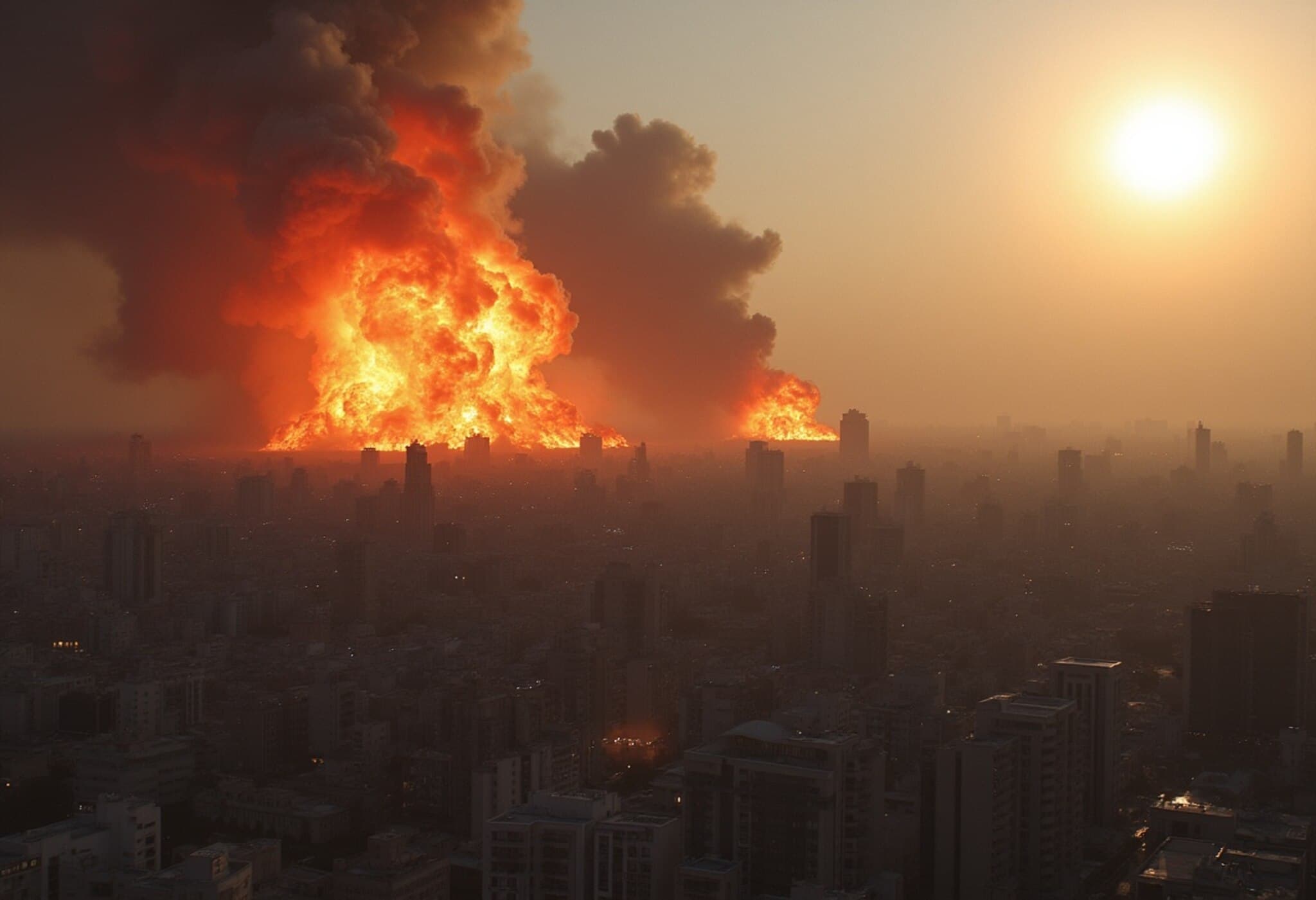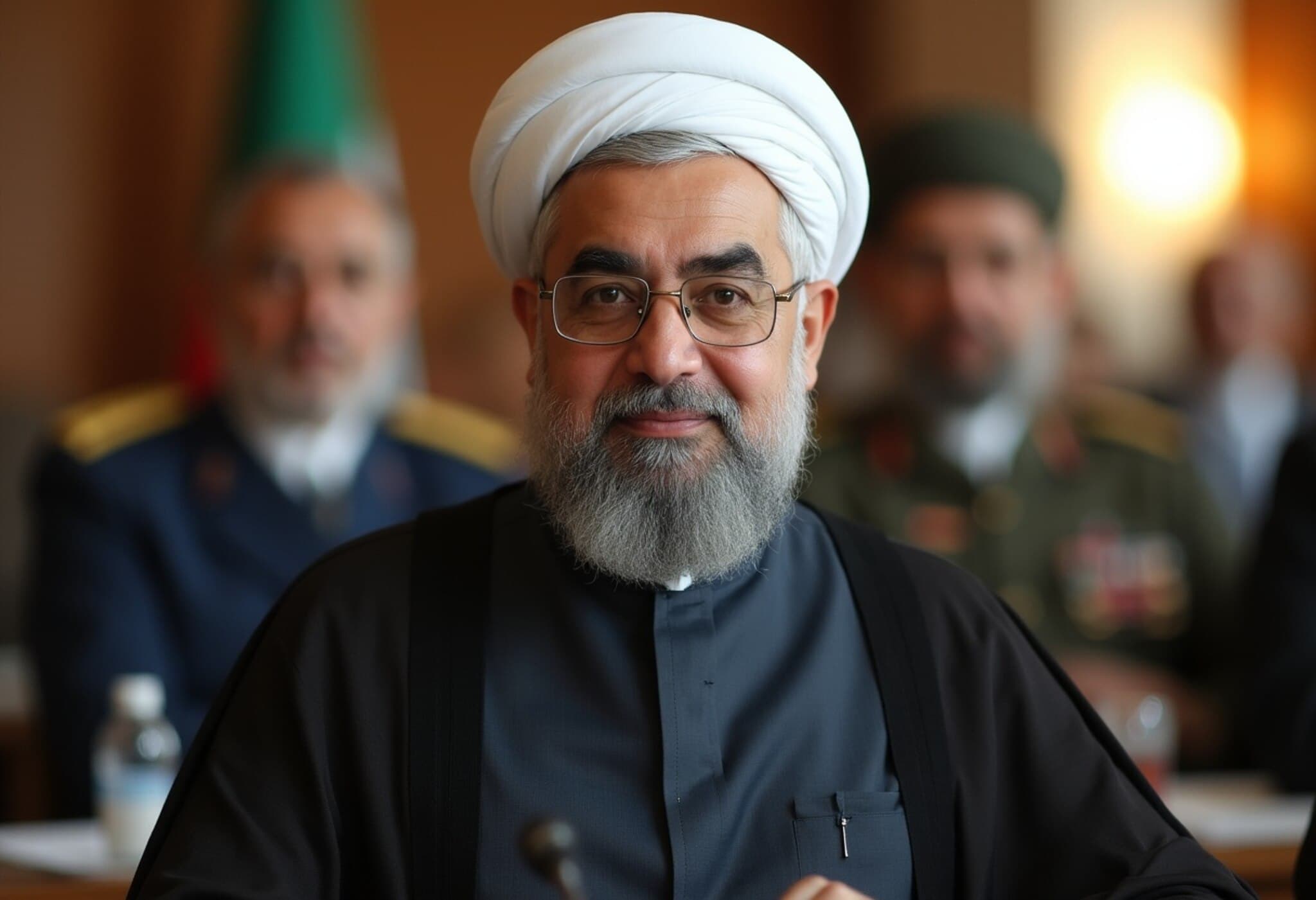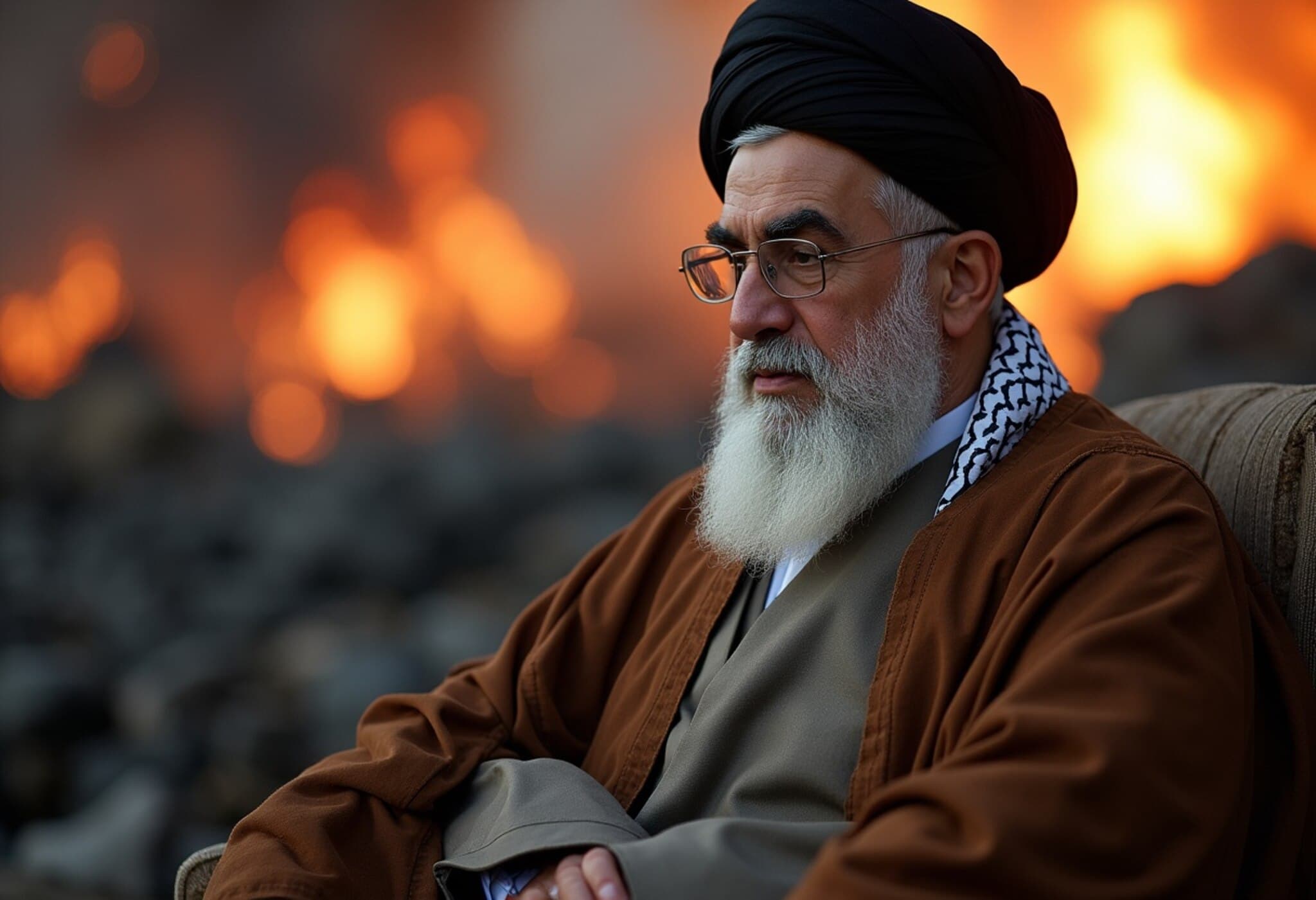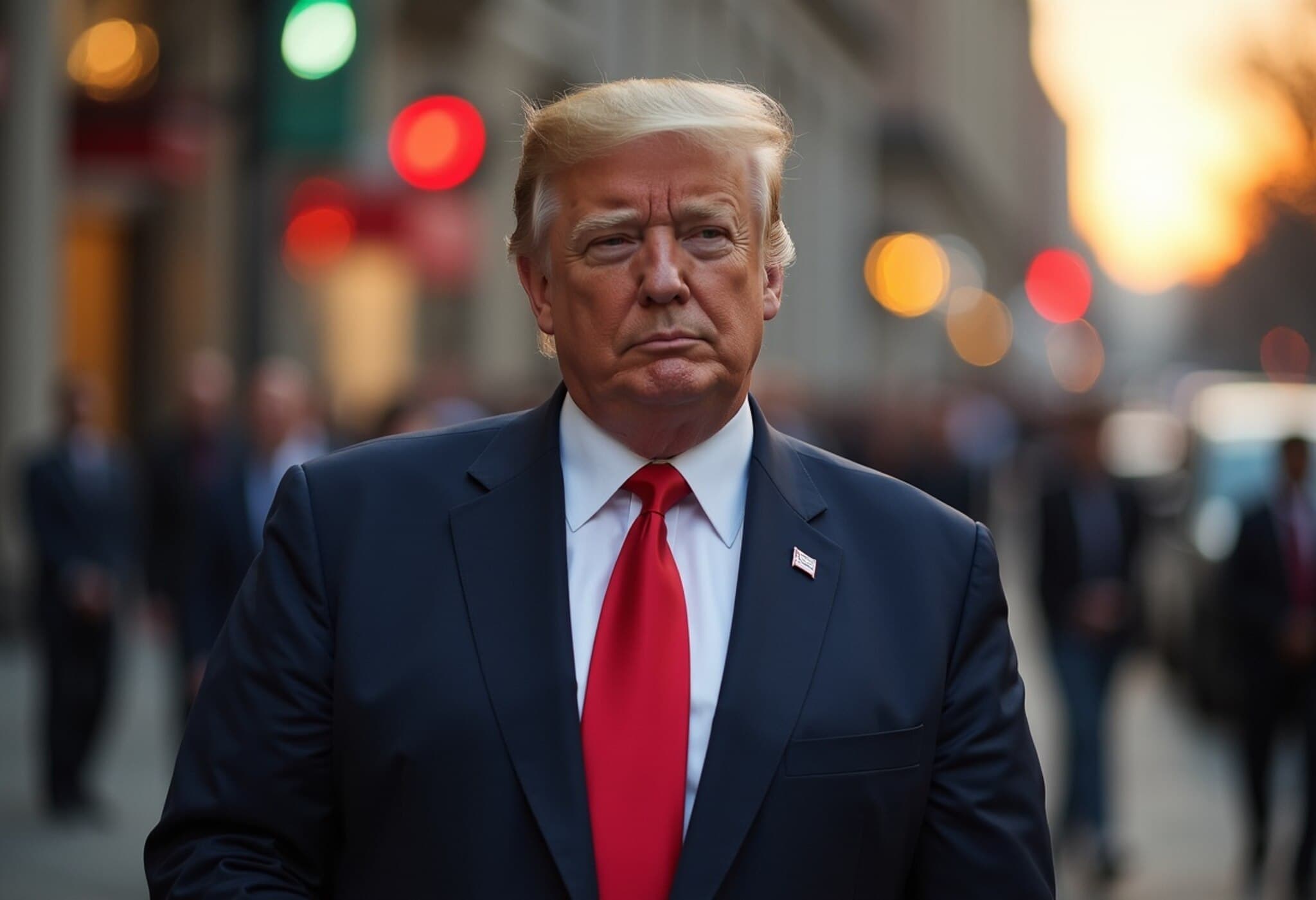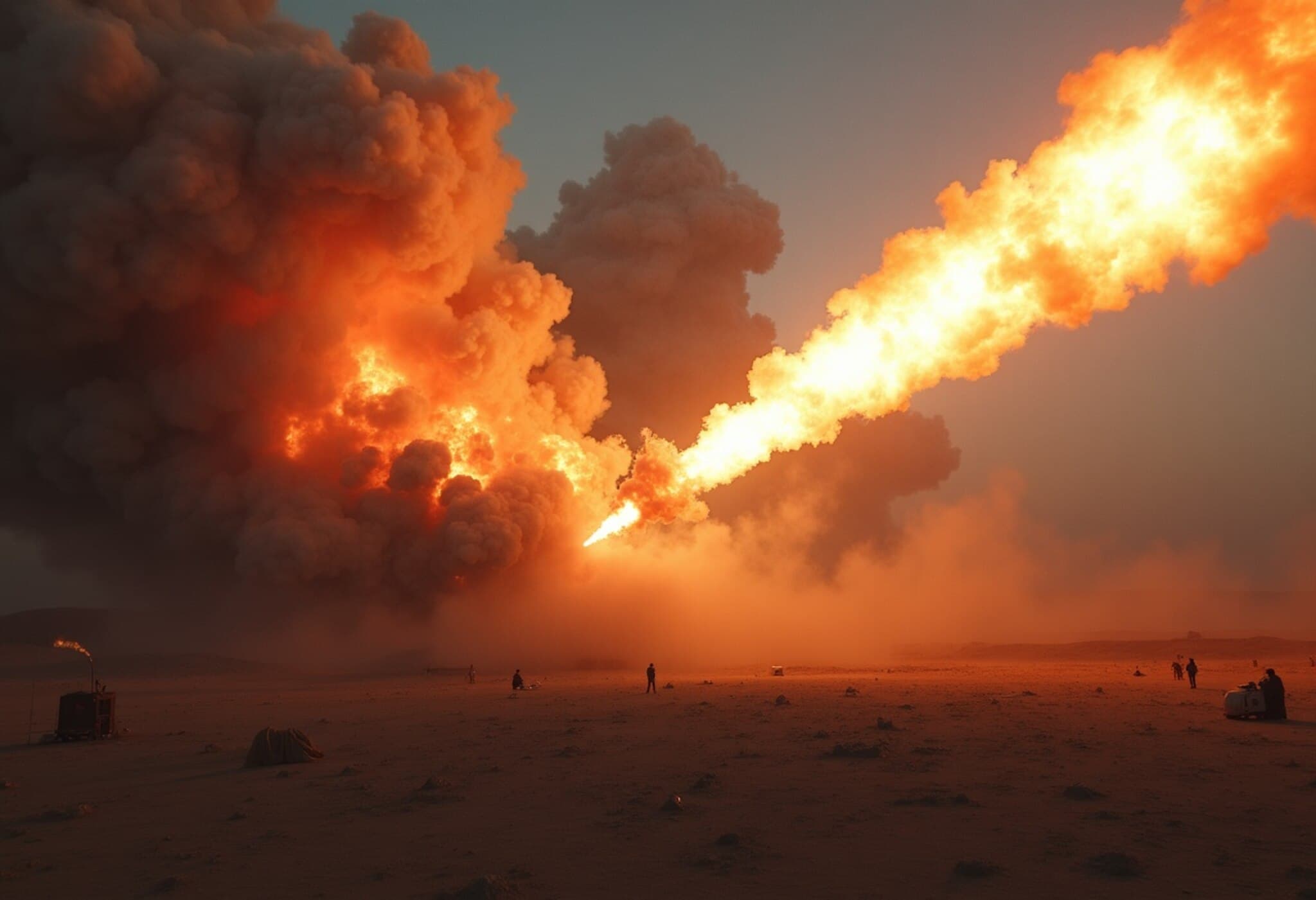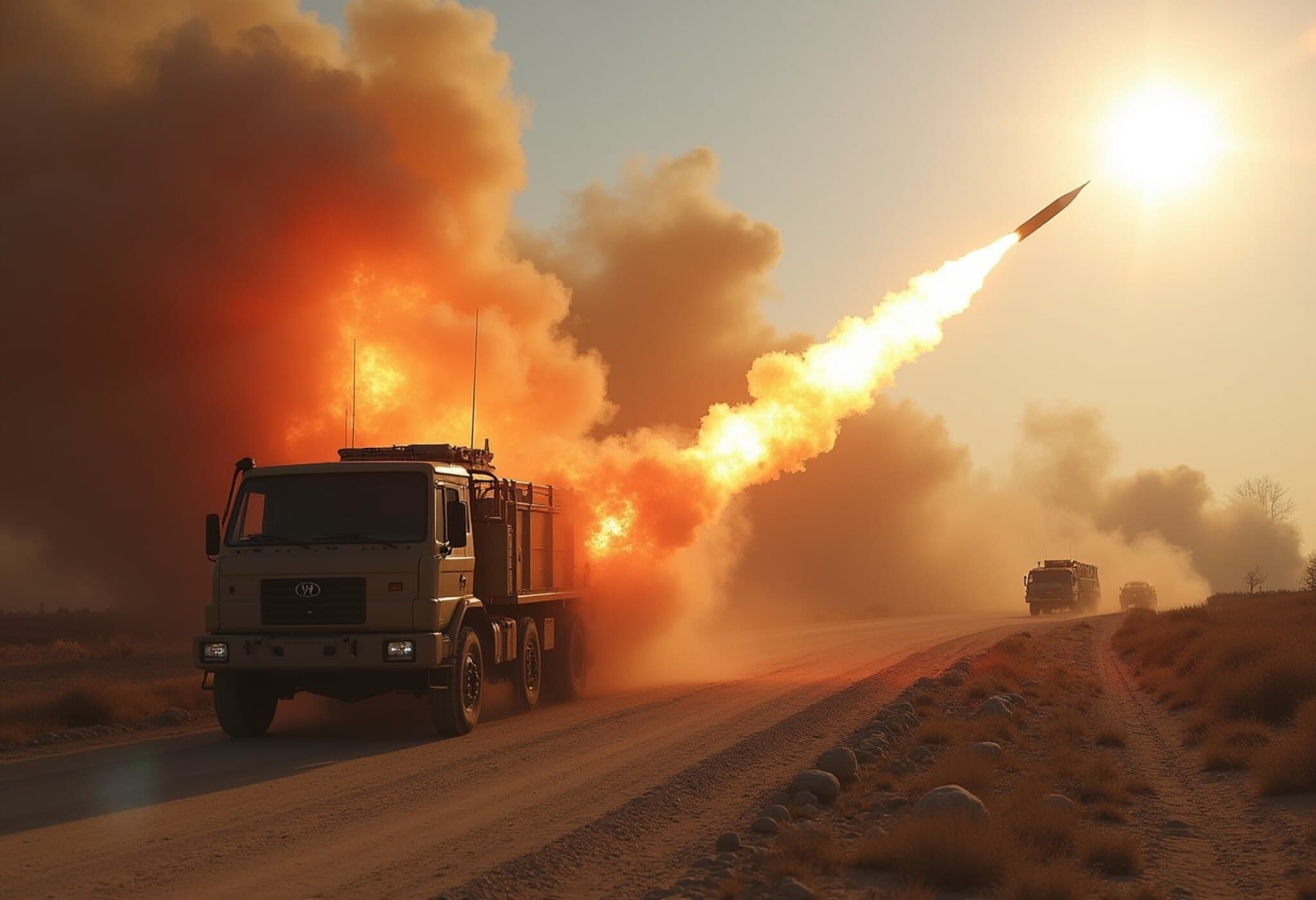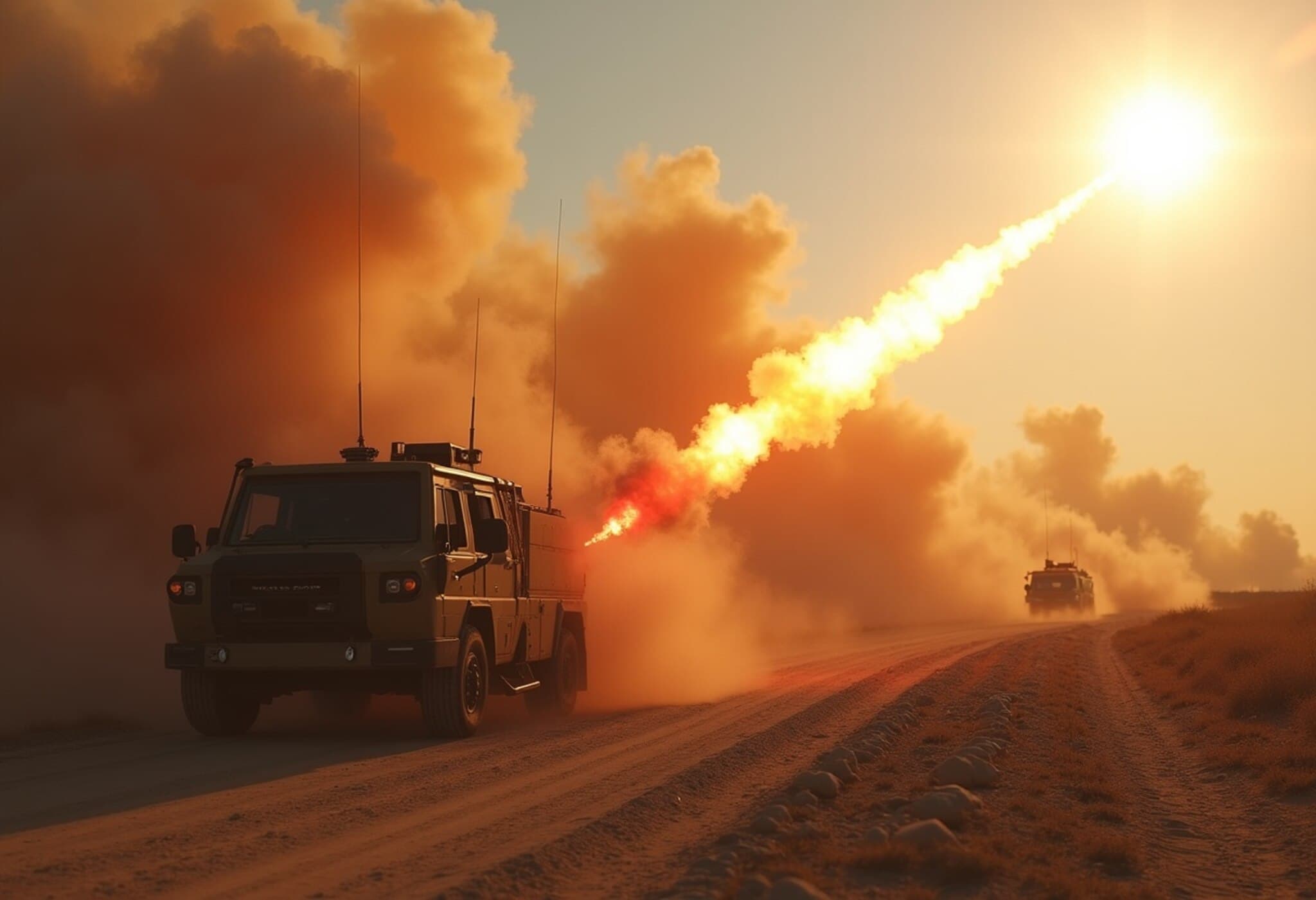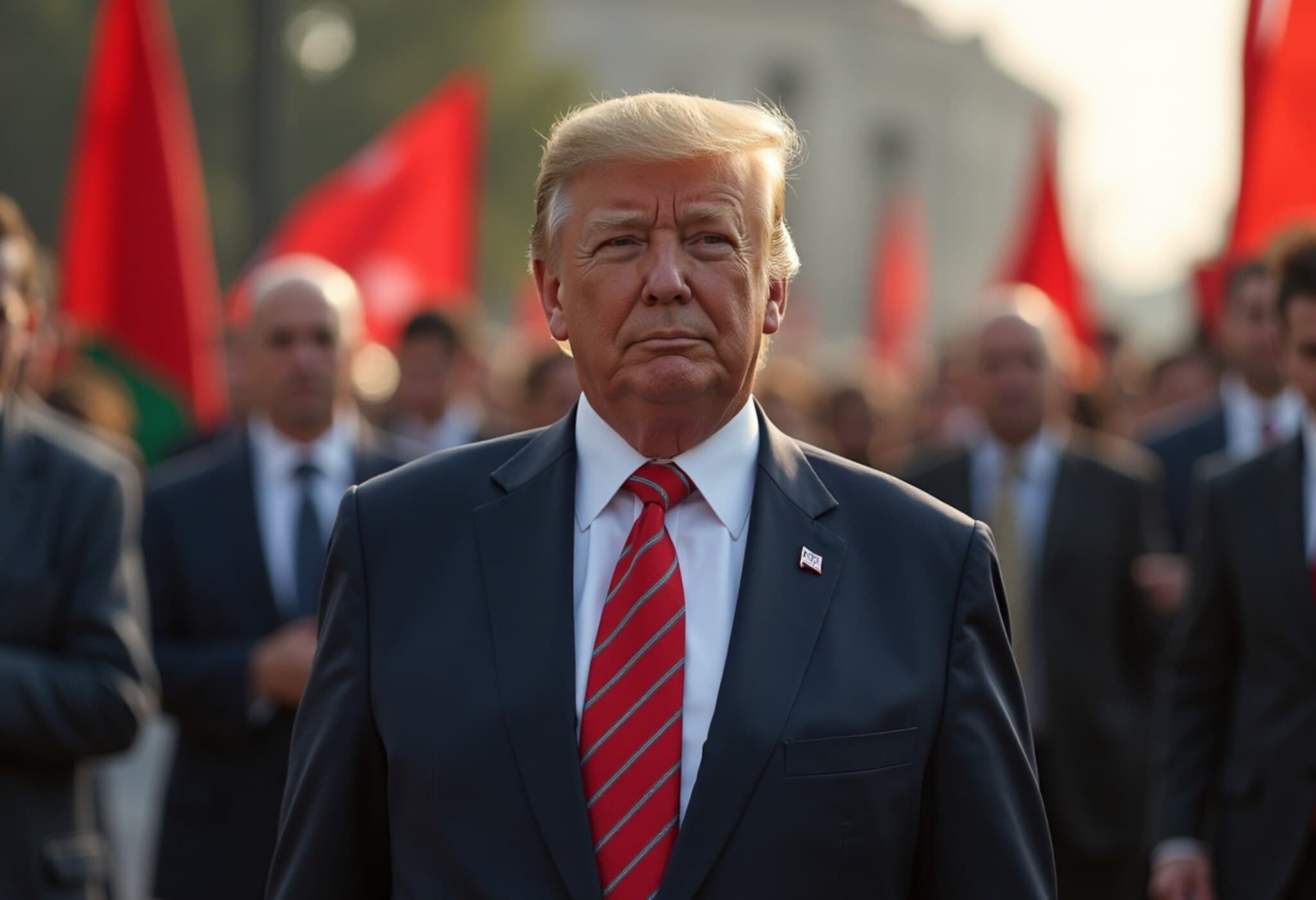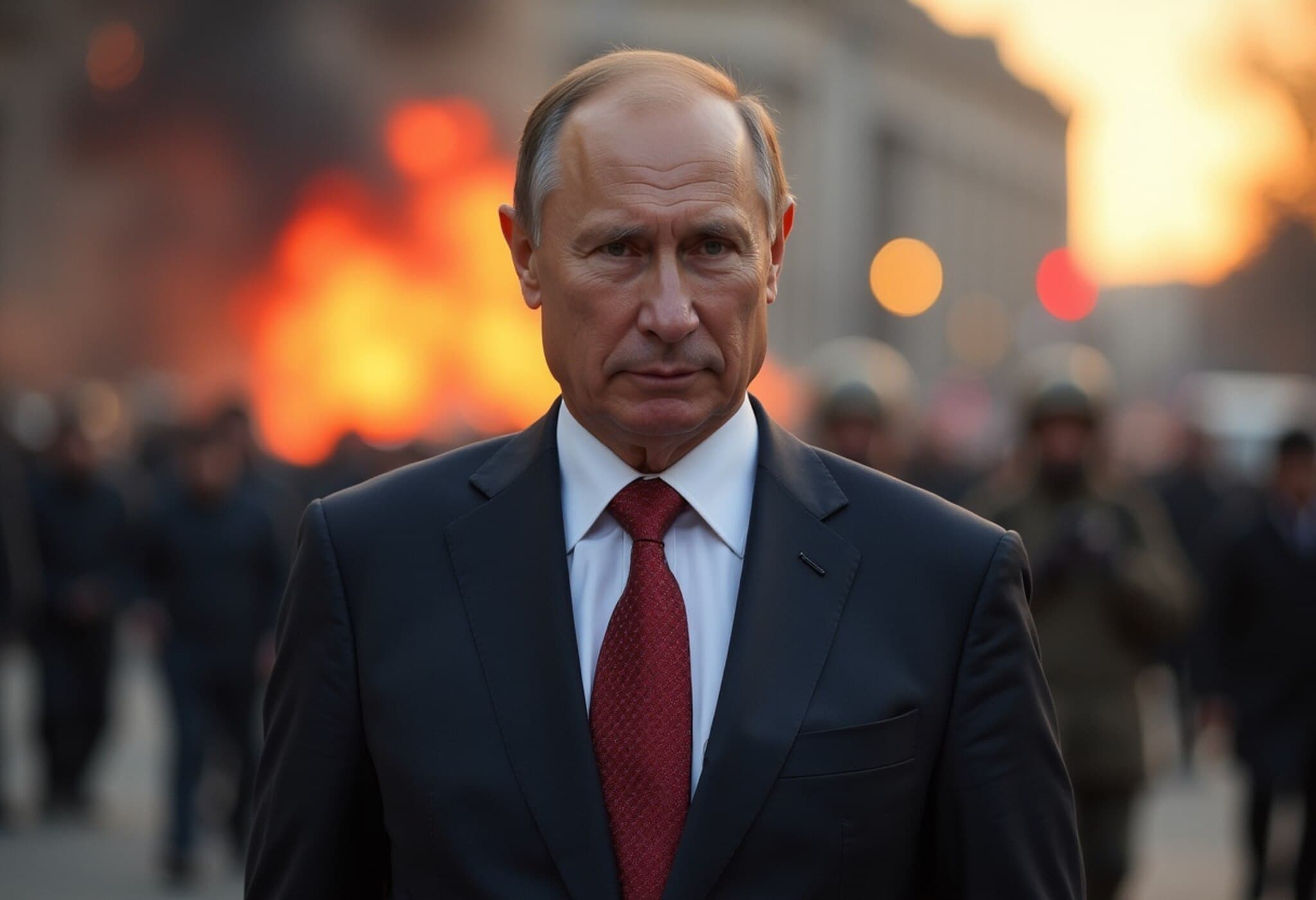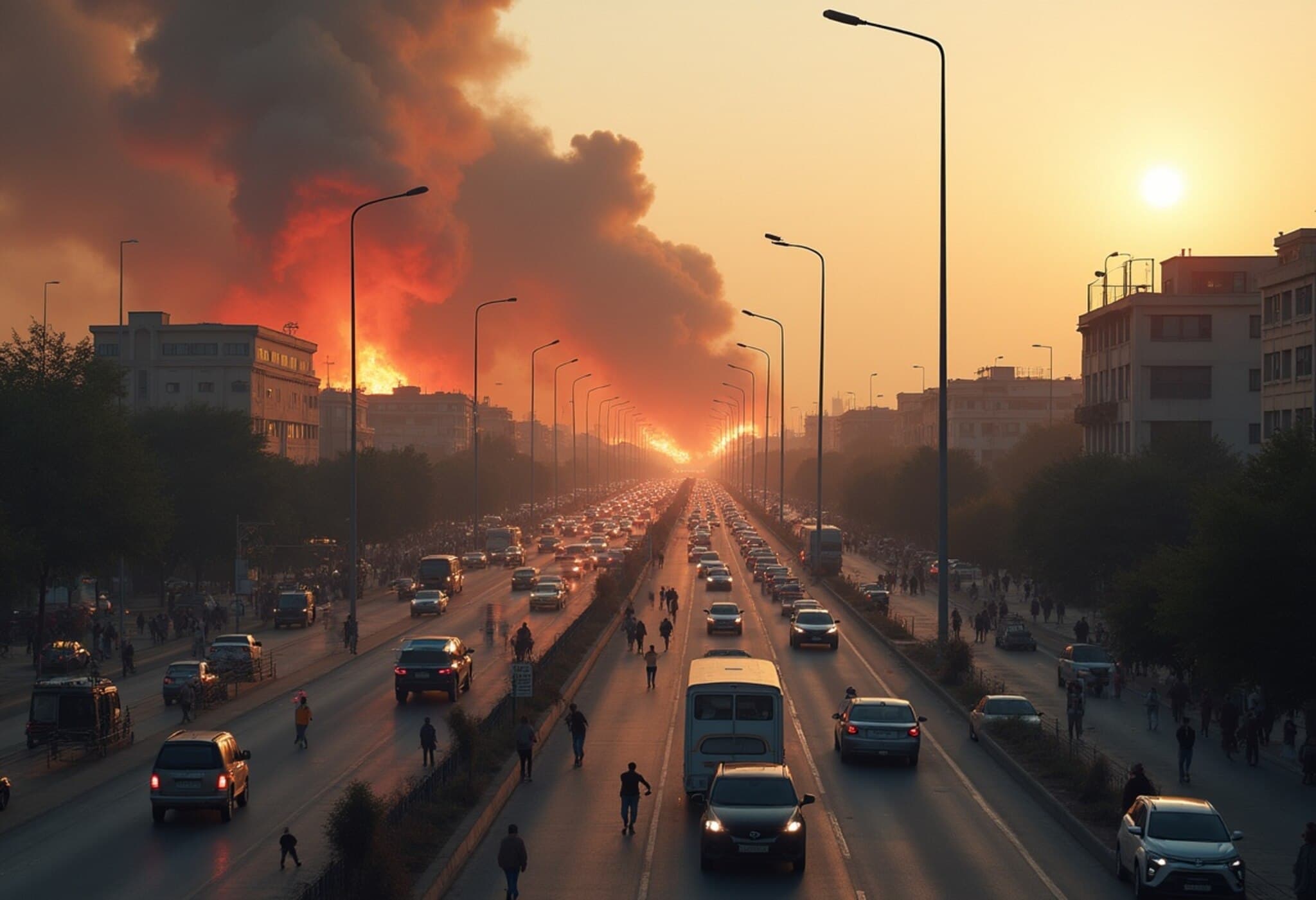Tehran Initiates Backchannel Communications Amid Rising Tensions
Amid ongoing hostilities, Iran appears to be seeking a way to ease escalating tensions by reaching out to both Israel and the United States. Reports indicate that Tehran has communicated through Arab intermediaries, expressing a willingness to re-engage in diplomatic talks—on the condition that the U.S. refrains from participating directly in Israel’s military operations.
Military Strikes Continue Despite Signs of De-escalation
Over recent weeks, Israeli air forces have carried out strikes targeting key Iranian military figures and infrastructure, dealing a blow to Iran’s air force leadership. Despite this, Iranian counterattacks have resulted in only minor damage. This ongoing campaign has left Iran’s Supreme Leader, Ayatollah Ali Khamenei, increasingly isolated. Yet, damage to critical nuclear facilities remains limited, suggesting a prolonged air offensive might be necessary to meet Israel’s strategic objectives.
Israel’s Firm Stance and International Reactions
Israeli Prime Minister Benjamin Netanyahu has made it clear that operations will persist until Iran’s nuclear and missile programs are dismantled. Though regime change is not the declared goal, Netanyahu acknowledges it as a possible outcome. Israeli military officials anticipate sustaining at least two more weeks of operations.
Internationally, leaders have responded with calls for restraint and renewed diplomacy. French President Emmanuel Macron urged Iran to swiftly return to the negotiating table, while Arab nations pressed for an immediate cessation of hostilities to prevent wider regional fallout.
U.S. Position and Iran’s Strategic Calculations
After months of quiet support, the U.S. has openly backed Israel’s military campaign. Yet, Tehran is reportedly looking for assurances that American forces will not join Israel’s offensive. Arab diplomats familiar with Iranian messaging conveyed that Iran believes Israel lacks a clear long-term strategy and will depend on the U.S. to inflict significant damage on fortified nuclear sites like the underground Fordow enrichment facility.
Officials suggest Iran aims to leverage these negotiations to avoid deeper conflict, warning that failure to resume talks could lead to an accelerated nuclear program and broader regional escalation.
Regional Concerns and the Road Ahead
Neighboring Persian Gulf countries, including Saudi Arabia, Qatar, and Oman, have voiced concerns that ongoing violence threatens critical energy infrastructure and destabilizes global oil markets. They are urging the U.S. to moderate Israel’s campaign to prevent a wider regional conflagration.
While Iran hasn’t signaled readiness to make new concessions—its uranium enrichment continues to be a major sticking point—the unfolding situation suggests that both Tehran and Jerusalem face mounting pressure to find common ground before the conflict spirals further.

